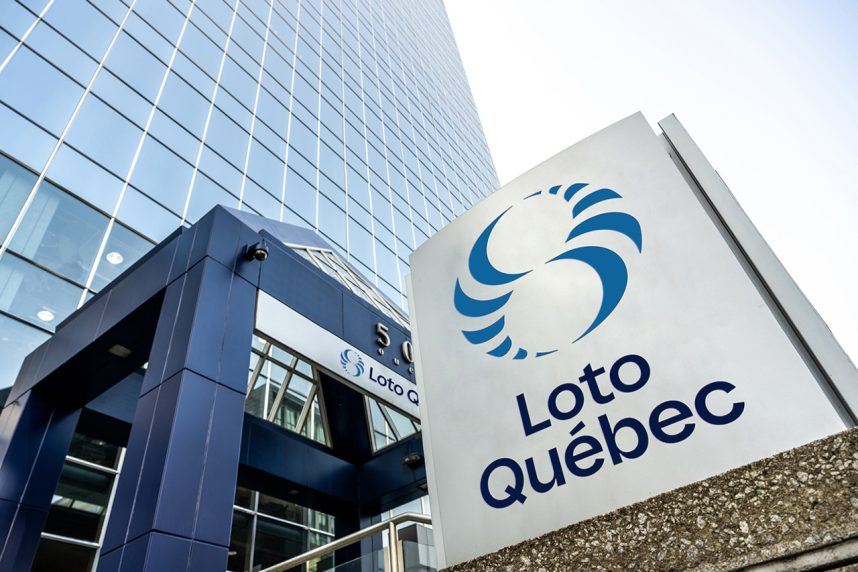Loto-Québec Reports Revenue Increase at the Close of Fiscal 2024-25
Posted on: June 9, 2025, 01:04h.
Last updated on: February 12, 2026, 06:53h.
- Increase in total revenues as Loto-Québec announces FY 2024-25 results
- Net income increase for the year to CAD $1.518 billion
- Improved product portfolio to over 2,000 online games
Loto-Québec is reporting total revenues of CAD $2.993 billion as Fiscal Year 2024-2025 comes to a close, an increase from the CAD $2.932 billion reported last year.

Canadian Gaming: Loto-Québec FY 2024-25
I’m truly proud of the results we’ve obtained thanks to our teams’ remarkable work, especially since we achieved them in a global economic climate marked by uncertainty. And all of Québec benefits from these strong results,” said Jean-François Bergeron, President and CEO of Loto-Québec, in a statement issued to the media.
Net income was CAD $1.518 billion, a slight uptick from the CAD $1.511 billion reported for FY 2023-2024. The crown corporation paid out CAD $1.782 billion to winners, including 131 prizes of CAD $1 million or more.
Revenue Increase
“We’ve continued upgrading our entertainment options, both land-based and online, whether by improving our product portfolio, which includes over 2,000 online games, leveraging a diversified event lineup, or enhancing our dining options,” Bergeron said. “Our objective remains to better serve our customers, responsibly and legally.”
In terms of revenues by sector, CAD $960.8 million was generated by lottery games, CAD $1.202 billion by casinos and gaming halls, and CAD $852.7 million was generated by gaming establishments (games offered outside their own buildings, including sports betting, video lottery terminals in bars, as well as bingo and Kinzo halls).
Coalition: Competition Needed
According to the Quebec Online Gaming Coalition, which includes Betway, Bet99, DraftKings, Entain, Flutter, Games Global, Rush Street Interactive and Apricot Investments, committed to helping to develop a new Ontario-style regulatory framework in the province, the results are yet more proof the market needs more competition.
Quebec’s population and economy have grown a lot over the past 20 years, but Loto-Québec’s returns to the government have stayed the same and are decreasing when adjusted for inflation,” said Ariane Gauthier, spokesperson for the Quebec Online Gaming Coalition. “Since Quebecers are playing just as much, it’s clear that more and more of that activity is happening outside of Loto-Québec — which shows the need to regulate the private gaming market.
“Loto-Québec may be ignoring that half of players are using private online gaming sites, but it still owes the government and taxpayers a clear and honest view of the situation. It’s time to ask whether Loto-Québec’s online gaming monopoly still makes sense. Ignoring the issue could cost Quebec valuable revenue it can’t afford to lose.
No comments yet